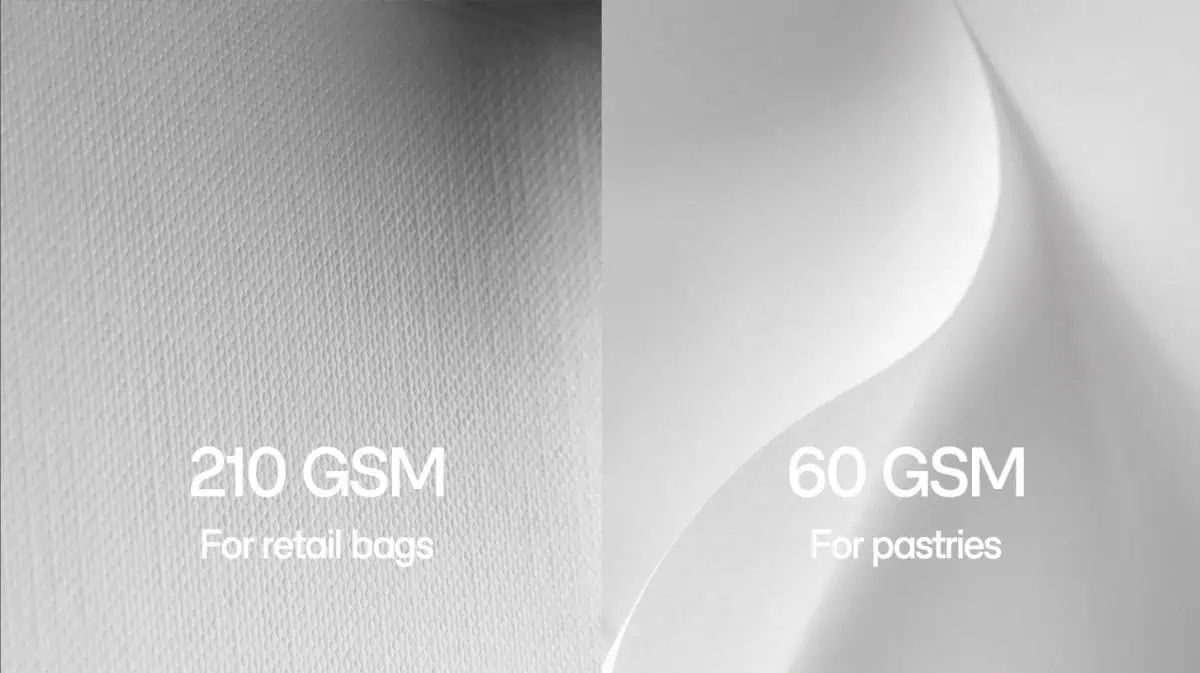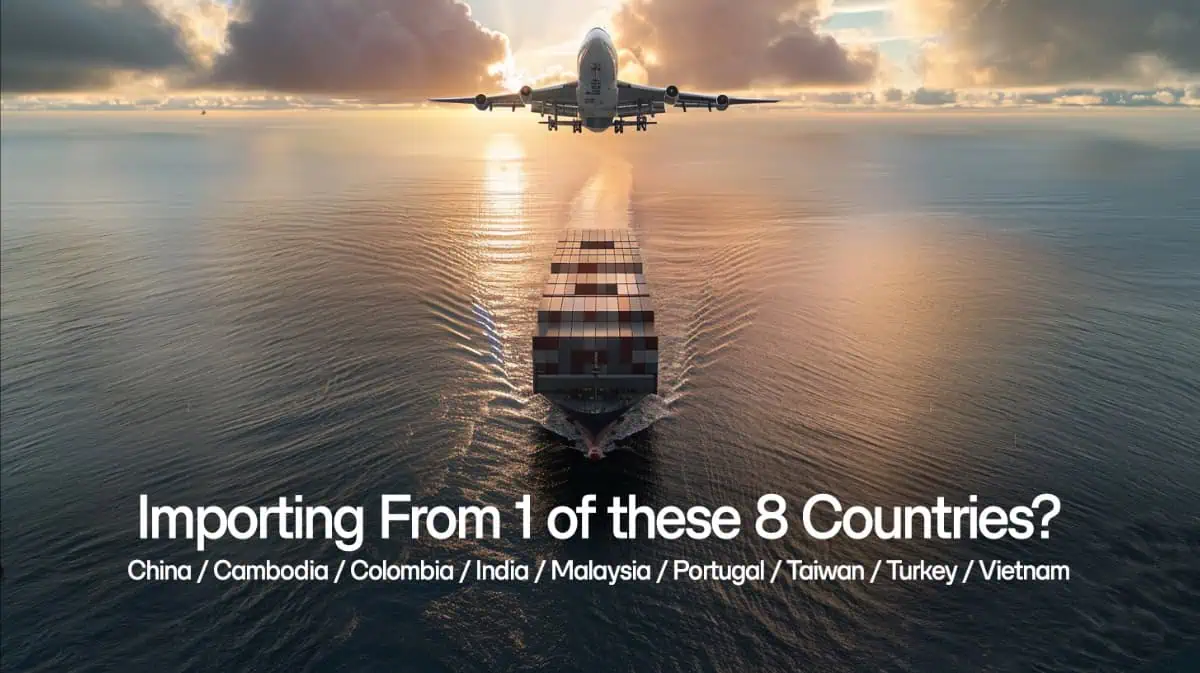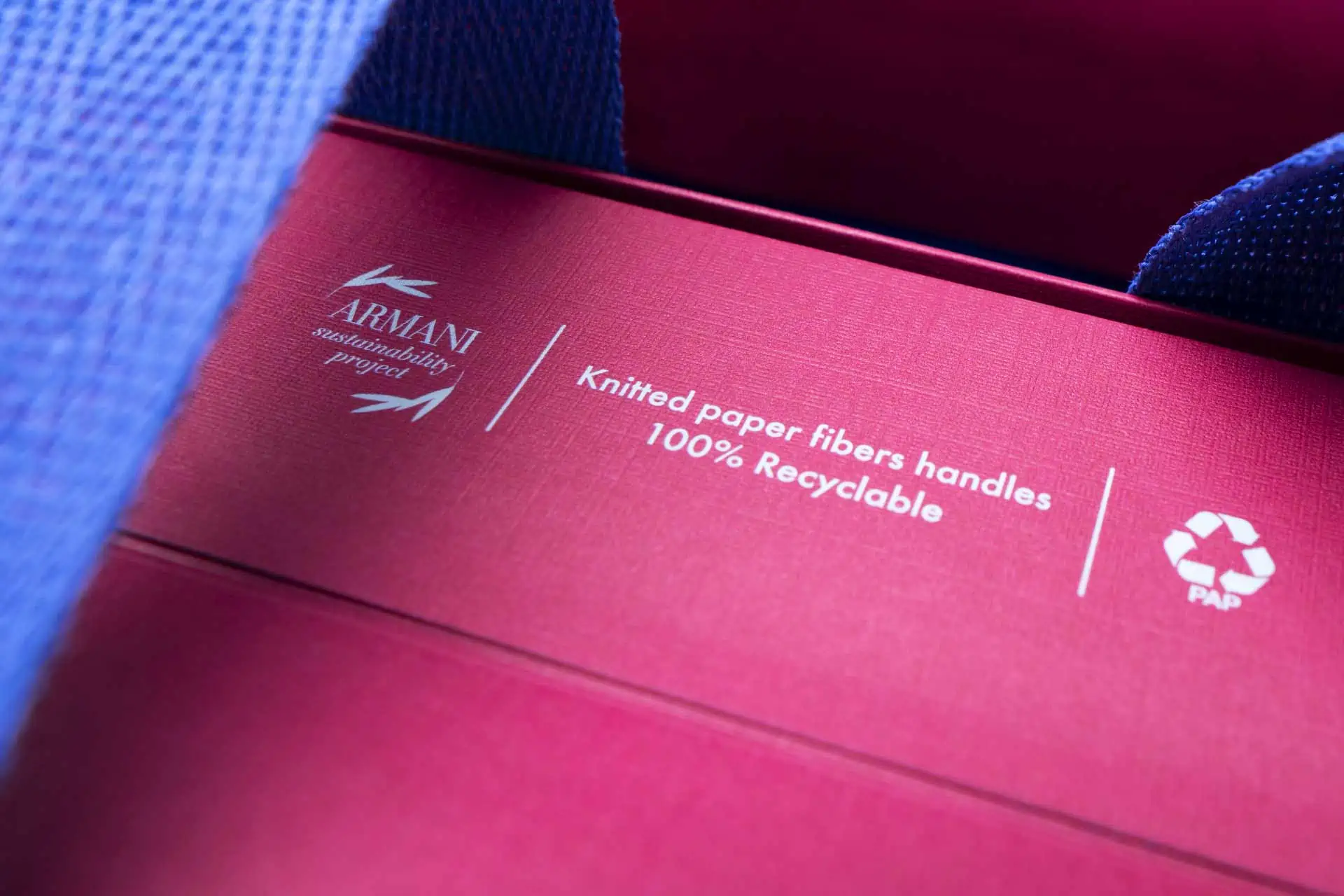Author
Logistic Specialist
Published
August 8th, 2024
Length
4 Minutes
Retail buyers across the nation are grappling with the recent U.S. International Trade Commission (USITC) ruling that imposes stringent antidumping and countervailing duties on imported paper bags. As packaging distributors rush to offer quick fixes, it’s essential to discern fact from fiction.
Here are 5 simple questions to ask yourself before you make any decision.

Resizing Your Bags: A Partial Solution
Packaging distributors & resellers may claim that adjusting the size of your paper bags can help avoid these duties. Is this a viable solution?
Yes and no.
Most retailers utilize between four and six different paper bag sizes. While modifying one size to fit the 1/6 or 1/7 barrel size dimensions can exempt it from duties, the remaining sizes will still be subject to these tariffs.
1. Will all of your current bag sizes be accommodated by these parameters?

GSM Adjustments: Aren’t Always Practical
Another touted solution is altering the paper weight of the bags. Distributors are suggesting that reducing the weight can help dodge duties. Again, the answer is nuanced.
Standard retail paper bags range from 180 GSM to 240 GSM. To avoid the tariffs, the bags would need to be 86 GSM or less—anything below 180 GSM for paper bags is a weight too delicate to effectively carry most medium to large products with or without the added rigid gift boxes.
Deciding to reduce your paper weight below 86 GSM is risking increased failure rates and steep financial burden to replace damaged goods.
2. Is the current paper weight of your bags more than double 86 GSM?

Technical Production Changes: Limited Applicability
Technical production changes are another proposed method to skirt duties. Distributors suggest switching to non-paper handles such as ribbon, knotted, or t-bar handles. While this may work for paper bags sold as happy birthday bags at the local card shop, it falls short for luxury retail brands.
Today, knotted handles and t-bar handles compromise the consumer expectation and the brand’s premium image.
3. Will a down market paper bag communicate your brand properly?

The Origin of the Tariffs
The catalyst for these changes was a petition filed on May 20, 2023, by the Coalition for Fair Trade in Shopping Bags, a consortium of American paper bag producers. The coalition sounded the alarm on alleged unfair competition and dumping practices by manufacturers from Cambodia, China, Colombia, India, Malaysia, Portugal, Taiwan, Turkey, and Vietnam.
In response, the Department of Commerce has ruled in favor of imposing tariffs on these imports.
4. Are you currently importing paper bags from these countries? Avoiding these countries will be the number 1 way to avoid duties.

Who Will AD/CVD Impact?
The duties target paper shopping bags with handles of any type, whether printed or unprinted, with a minimum width of 4.5 inches and a minimum depth of 2.5 inches. Typically made from kraft paper or similar materials, these bags now face combined dumping margins and subsidy rates that can soar to 308.13 percent. As a result, U.S. importers are already required to pay substantial cash deposits based on these rates. The precise rates can be found on the Trade.gov website.
5. Can you afford to risk your brand paying cash deposits on paper bags due to misunderstanding the requirements?
IDP Direct’s Simple Solution

At IDP Direct, we cut through the confusion with transparency and solutions that align with your brand’s needs. By leveraging our manufacturing facilities in Mexico and other non-affected countries, we legally bypass these new duties entirely.
Our production capabilities include making knitted paper ribbons and high-quality paper bags, ensuring compliance with U.S. standards while maintaining proximity to reduce carbon footprints. Today many brands are moving away from paper handles to plastic poly ribbon ones in an effort to avoid tariffs. How can we take a step backwards and reintroduce plastics into your paper bags when it took brands this long to eliminate it in the first place.
We’re committed to uphold your brand’s integrity and sustainability while meeting your packaging needs effectively. For more information on navigating antidumping, EUTR, EPR, and other new regulations impacting the packaging industry, visit our website or contact us.

Our production capabilities include making knitted paper ribbons and high-quality paper bags, ensuring compliance with U.S. standards while maintaining proximity to reduce carbon footprints. We know brands are concerned they will be forced to take several steps backwards and move to poly ribbon handles, but this is not true. You can continue to support sustainable and recyclable paper bags with IDP Direct.
*We advise all brands to have their own legal representation review the documents for themselves, this is not legal advice. Download your own copy of the finalized order from the ITC here.


